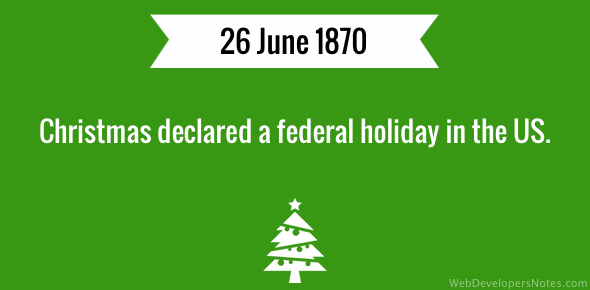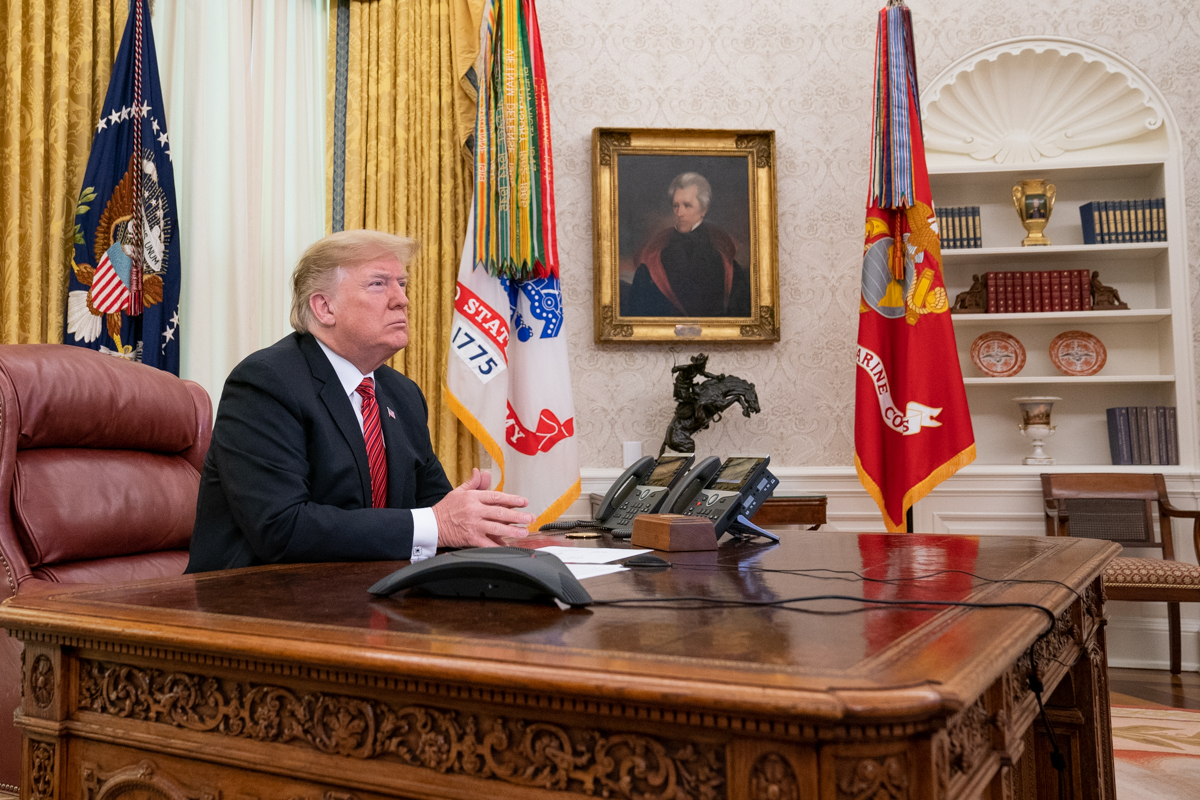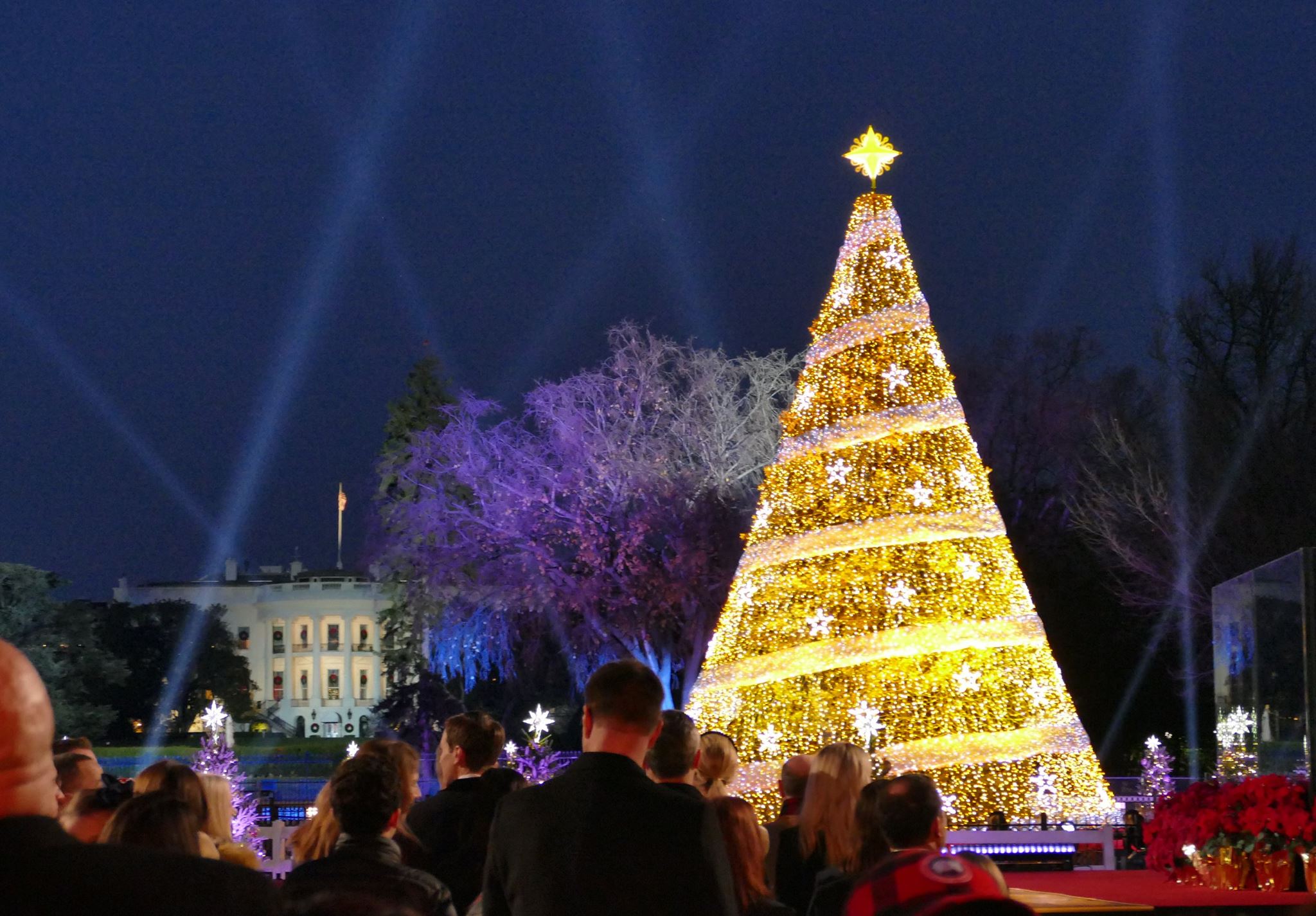
Christmas Eve is one of the most anticipated and celebrated holidays around the world. In the United States, Christmas Eve has been a federal holiday since 1870, when Congress passed a law making December 25, Christmas Day, a federal holiday. However, Christmas Eve, December 24, is not a federal holiday in the same sense, but it is widely observed as a day off by many Americans. So, how did Christmas Eve become a de facto federal holiday in the United States? Let's explore the history and significance of Christmas Eve.
The Origins of Christmas Eve
Christmas Eve has its roots in ancient pagan festivals that celebrated the winter solstice, the longest night of the year. The early Christians incorporated many of these festivals' traditions into their own celebration of Jesus' birth. In the 4th century, Pope Julius I chose December 25 as the date for Christmas, and the celebration of Christmas Eve began to take shape.
Why Christmas Eve Became a Federal Holiday
Over time, Christmas Eve became an important day in American culture, and several factors contributed to its widespread observance as a de facto federal holiday.
1. The Rise of the "Christmas Season"
In the mid-19th century, the idea of a "Christmas season" began to take hold in the United States. This concept, popularized by writers like Charles Dickens and Washington Irving, emphasized the idea of a prolonged period of celebration and festivity surrounding Christmas. As the Christmas season grew in popularity, Christmas Eve became an integral part of the celebrations.

2. Growing Commercialization of Christmas
The late 19th and early 20th centuries saw a significant increase in the commercialization of Christmas. Retailers began to promote Christmas as a time for gift-giving, decorating, and entertaining, which helped to solidify Christmas Eve as a major part of the holiday season. As businesses began to close on Christmas Eve to allow employees to celebrate, the day became more widely observed.
The Role of Media and Advertising
The rise of mass media, particularly radio, television, and print advertising, played a significant role in promoting Christmas Eve as a special day. Advertisers and media outlets began to emphasize the importance of Christmas Eve as a time for family gatherings, gift exchanges, and festive celebrations.
3. Increasing Popularity of Christmas Traditions
As American culture became more homogenized, Christmas traditions like decorating trees, singing carols, and exchanging gifts became more widespread. Christmas Eve became an essential part of these traditions, as families gathered together to celebrate and prepare for Christmas Day.
The Impact of World War II
During World War II, Christmas Eve took on a new significance as a time for families to come together and celebrate, despite the difficulties and uncertainties of the war. The war effort helped to solidify Christmas Eve as a special day, as families made the most of the time they had together.
4. The Rise of the "Christmas Break"
In the mid-20th century, the concept of a "Christmas break" began to gain popularity. As schools and businesses closed for the holiday season, Christmas Eve became an integral part of the break, allowing families to spend quality time together.
5. The Growing Importance of Family and Togetherness
As American society became more focused on family and community, Christmas Eve became an essential time for people to come together and strengthen their bonds. The emphasis on family and togetherness helped to cement Christmas Eve as a special day in American culture.
The Impact of Christmas Eve on American Society
The widespread observance of Christmas Eve has had a significant impact on American society, from the economy to education and beyond.

Economic Impact
The Christmas season, including Christmas Eve, is a major driver of economic activity in the United States. Retailers rely heavily on holiday sales, and the Christmas season is a critical time for many businesses.
Educational Impact
The Christmas break, which includes Christmas Eve, has a significant impact on education in the United States. Schools close for an extended period, allowing families to spend time together and recharge.
Cultural Impact
Christmas Eve has become an integral part of American culture, with many families observing their own unique traditions and customs. The day has become a time for reflection, celebration, and togetherness.
Gallery of Christmas Eve Traditions




Frequently Asked Questions
Is Christmas Eve a federal holiday?
+No, Christmas Eve is not a federal holiday in the United States. However, it is widely observed as a day off by many Americans.
How did Christmas Eve become a de facto federal holiday?
+Christmas Eve became a de facto federal holiday through a combination of factors, including the rise of the "Christmas season," growing commercialization of Christmas, increasing popularity of Christmas traditions, the impact of World War II, and the growing importance of family and togetherness.
What is the economic impact of Christmas Eve?
+The Christmas season, including Christmas Eve, is a major driver of economic activity in the United States. Retailers rely heavily on holiday sales, and the Christmas season is a critical time for many businesses.
As we celebrate Christmas Eve, let's remember the rich history and cultural significance behind this special day. Whether you're spending time with family, exchanging gifts, or simply enjoying the festive atmosphere, Christmas Eve is a time to come together and celebrate the spirit of the season.











